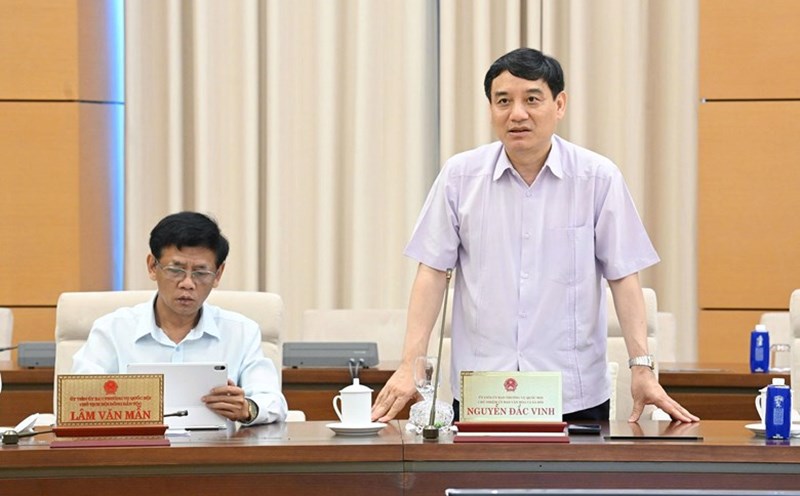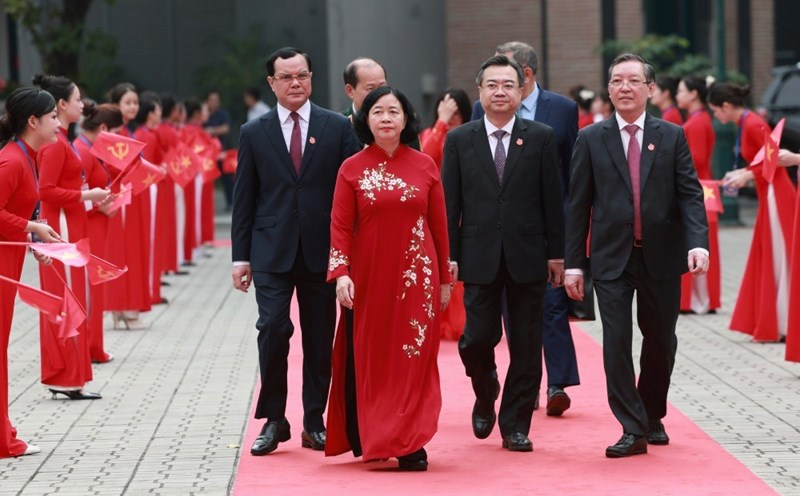At the UN Security Council meeting on September 22, Western countries condemned Russia and accused NATO airstrikes of being a province that could fuel armed conflict.
British Foreign Secretary Yvette Cooper warned that Russia's reckless actions threaten to lead to direct confrontation with NATO. She affirmed that this defensive alliance is always ready to protect its airspace and territory.
The latest case was reported by Estonia, alleging that three Russian MiG-31 fighters flew into Estonian airspace for 12 minutes before being forced to withdraw.
Previously, more than 20 Russian drones were also accused of encroaching on Polish airspace, forcing NATO to partially shoot down fighters. Many Western officials believe that these incidents are a test of NATO's response and cannot be considered a coincidence.
EU foreign policy spokeswoman Kaja Kallas stressed that a series of incidents showed that this was not a single mistake.
Ukrainian Foreign Minister Andrii Sybiha said that a strong response is needed and reaffirmed the proposal to integrate Ukraine's air defense system with neighboring countries in the West to cope with pressure from Russia. He stressed that any threat must be immediately deactivated.
US Ambassador to the United Nations, Mr. Michael Waltz, in his first appearance in his new position, called on Moscow to reduce tensions instead of aggravating the situation. He affirmed that the US and its allies will protect every piece of NATO territory. NATO plans to hold a separate consultation on the issue.
In response to the allegations, Russian Deputy Ambassador to the United Nations Dmytry Polyanskiy said there was no evidence to support their claim and that the European powers made baseless allegations.
"We will not engage in these unreasonable things," he said. "When you decide to want to participate in a serious discussion about European security, about the common fate of our continent, about how to make this continent prosperous and safe for everyone, we will be ready."









